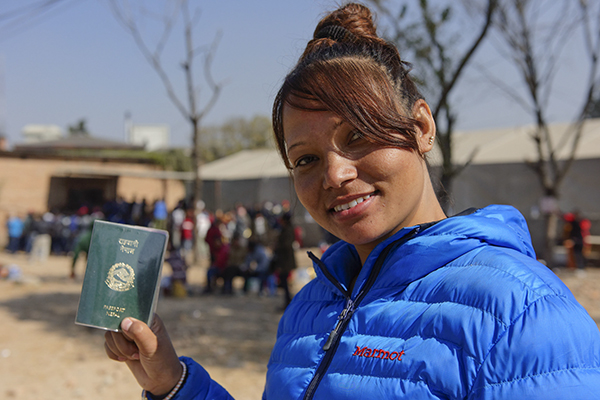
The ILO has been engaged in several activities and projects involving South-South and Triangular Cooperation (SSTC) to address issues related to International Labour Standards (ILS), including the promotion of integrated normative strategies.
Normative strategies integrate ILS into efforts for decent work and sustainable development. They help advance ILS as part of sustainable development goals. Strategies address blind spots amongst ILO’s strategic objectives across employment, social protection, social dialogue, and fundamental principles. They also involve assessing ratification status, application gaps, engagement with reporting and ILO supervisory systems, keeping pace with standard setting, and connecting with human rights systems.
In addition, strategies can communicate how International Labour Standards provide a foundation for stable governance and investor confidence as countries develop higher-value industries. Baseline assessments, like ILO’s normative gap analyses, provide data to inform strategy priorities and benchmark progress over time on aligning standards with application.
South-South and Triangular Cooperation initiatives on ILS can take the form of project coordination, provision of technical expertise, and facilitation of knowledge-sharing and peer learning among tripartite constituents from countries from the Global South that face similar situations and contexts. The exchange of best practices and the identification of areas for mutual learning or joint work on leveraging ILS and its supervisory processes for inclusive economic growth are also key.
Specifically in the case of ILS related to Labour Migration, South-South Cooperation often aims to improve the protection of migrant workers, develop skills, increase foreign and national income, labour matching, and ethical recruitment principles based on ILO conventions and framework.
What could coutries from the South do together?
- Policy framework – possibly an action plan or road map;
- Focus on prioritising occupations;
- Develop harmonized policy frameworks on ethical recruitment, skills recognition, and labour migration management;
- Establish a digital platform and database to share data, research, and information on migration trends and worker protection;
- Organise knowledge sharing and exchange visits between government institutions to transfer best practices in migration governance; and
- Promote mutual recognition of skills and qualifications to facilitate labour mobility between countries.
How could they do it?
- Negotiation with governmental services;
- Consular and diplomatic cooperation;
- Launch a shared digital platform on labor migration that connects relevant government agencies, provides resources for migrant workers, and enables knowledge exchange;
- Joint capacity building programs for government officials, civil society, and trade unions on protecting migrant workers and managing migration;
- Enter MOUs for cooperation between migrant worker resource centers, trade unions, and NGOs to support migrant workers;
- MOUs between origin and destination countries; and
- Cooperation with trade unions between origin and destination countries.

